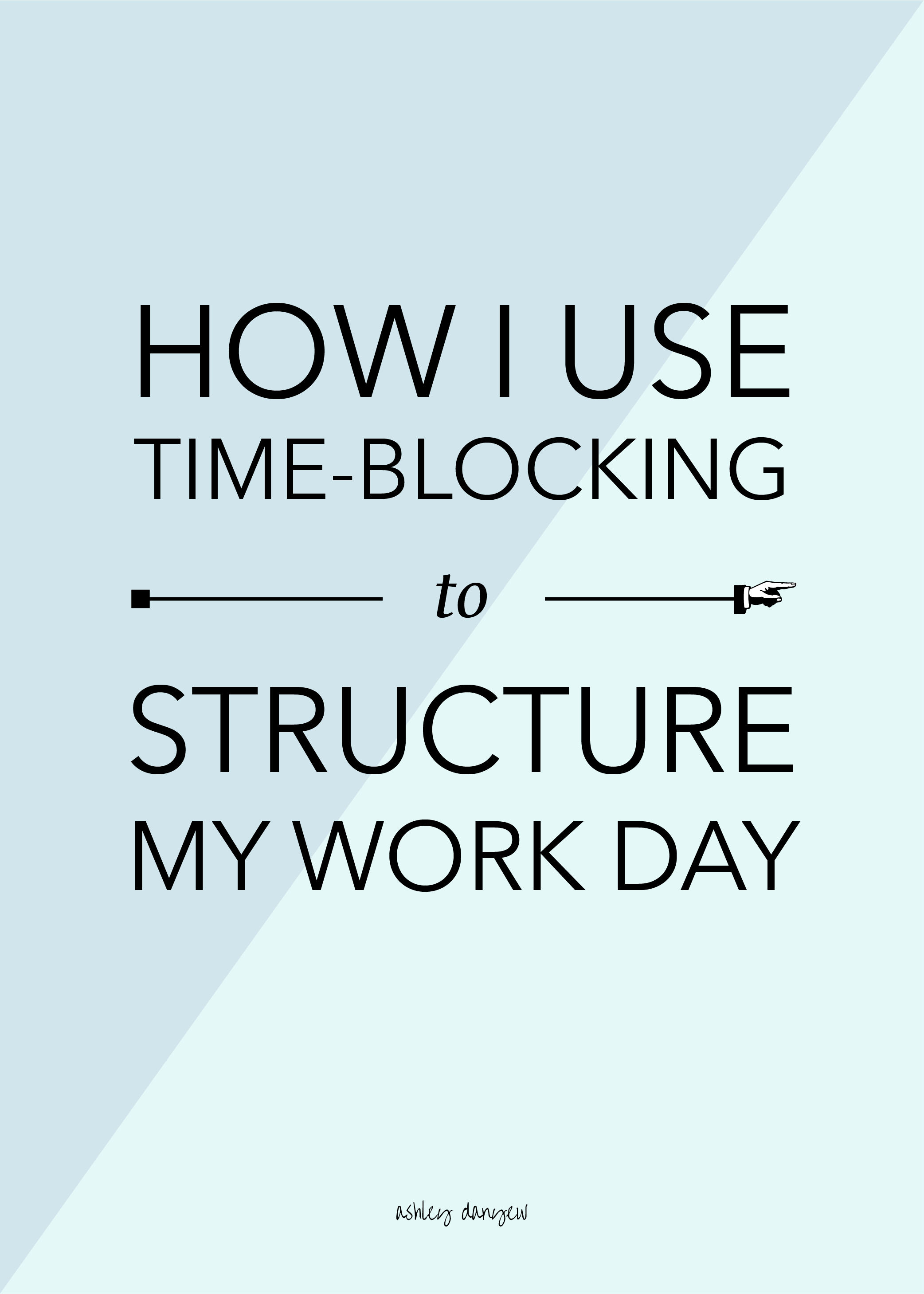Every spring, my husband Steve and I set aside a few days for a work retreat.
We’re both music freelancers, so this is a time for us to take a step back from our businesses, reflect on the successes and challenges of the past year, evaluate what’s going well and what could be improved, and do some creative planning for the year ahead.
Often, we try to tie this in with a short getaway (because by March or April, we usually have a pretty bad case of cabin fever). In the past, we’ve found affordable rentals on Airbnb (a business expense!) within an hour’s drive and bring our dog Rory, our laptops, a few books, and food and snacks for a few days.

















